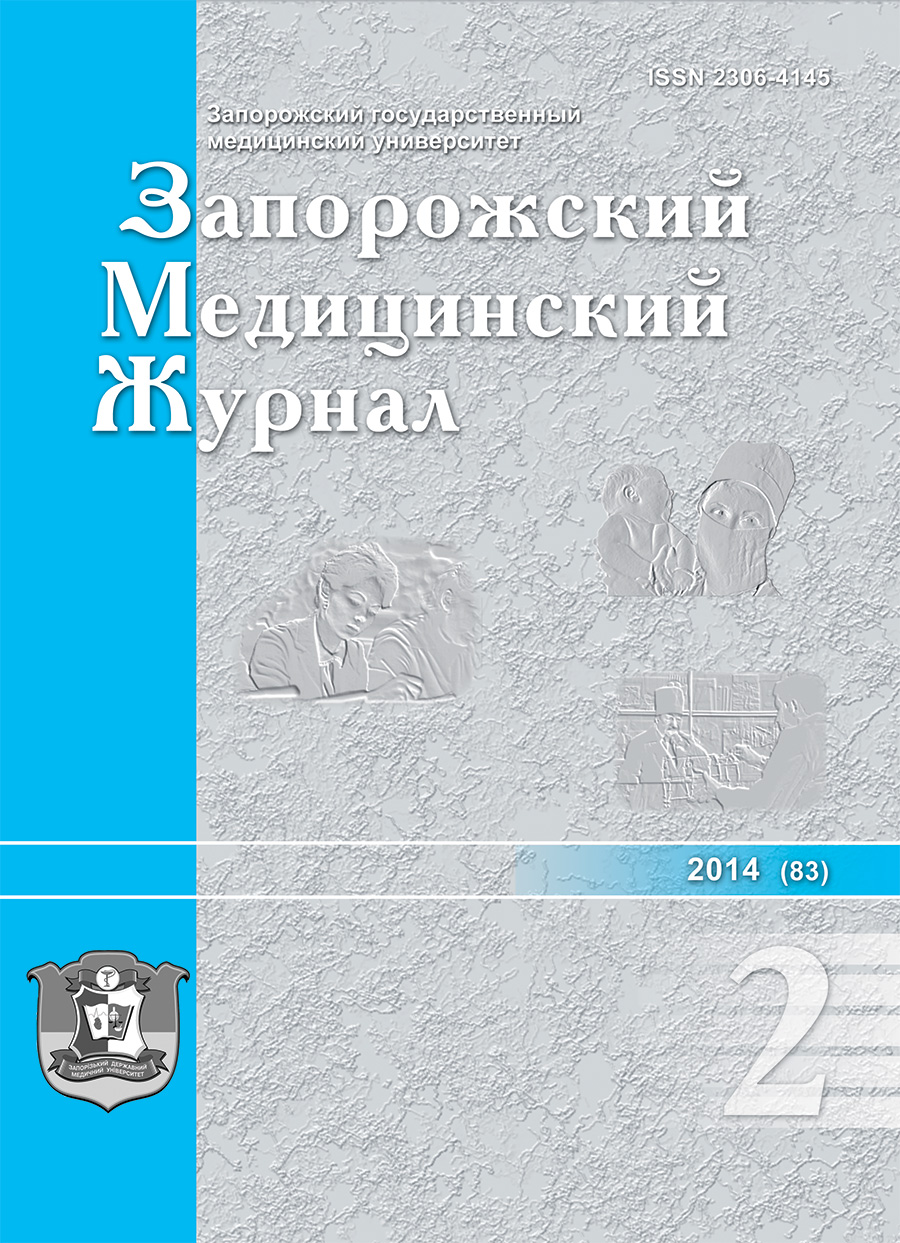Diagnosis and prognosis of states in invitro fertilization based on the ontology knowledge
DOI:
https://doi.org/10.14739/2310-1210.2014.2.25536Keywords:
diagnosis and prediction of states, in vitro fertilization, medical ontology, task-oriented ontology, assisted reproductive technologies, oriented graphsAbstract
The present study focuses on the theoretical principles and conceptual possibilities of creating of the ontology knowledge of the in vitro fertilization. The multi-level ontology, each level of which is aimed to solve specific task, i.e. diagnosis, prediction, choice of treatment, is suggested. Compound of the subject ontology and task-oriented ontology enables significant reduction in the volume of information on each level.
References
Kleschev, A. S., & Smagin, S. V. (2012). Problems of inductive formation of knowledge in the ontology of medical diagnosis. Automatic Documentation and Mathematical Linguistics, 46(1), 8-21.
Petryaeva, M. V. & Chernyakhovskaya, M. Yu. (2011) Ostryj pankreatit v formal’nom predstavlenii dlya banka znanij medicinskoj diagnostiki [Acute pancreatitis in a formal presentation to the bank of knowledge in medical diagnostics] Intellektualnyie sistemy, 3(29), 96–103 [in Russian].
Harper, J., Traeger-Synodinos, J., Rycke, M. D., Coonen, E., Vesela, K., SenGupta, S., et al. (2010). What Next For Preimplantation Genetic Screening (PGS)? A Position Statement From The ESHRE PGD Consortium Steering Committee. Human Reproduction, 25(4), 821-823.
Denysenko, S. V. (2013) Pryntsypy ta lohika ponudovy bazy znan po dopomizhnym reproduktyvnym tekhnolohiiam [The principles and logic of building a knowledge base for Assisted Reproductive Technology] Medychna informatyka ta inzheneria, 4, 20–23 [in Ukrainian].
Downloads
How to Cite
Issue
Section
License
Authors who publish with this journal agree to the following terms:
Authors retain copyright and grant the journal right of first publication with the work simultaneously licensed under a Creative Commons Attribution License that allows others to share the work with an acknowledgement of the work's authorship and initial publication in this journal. 

